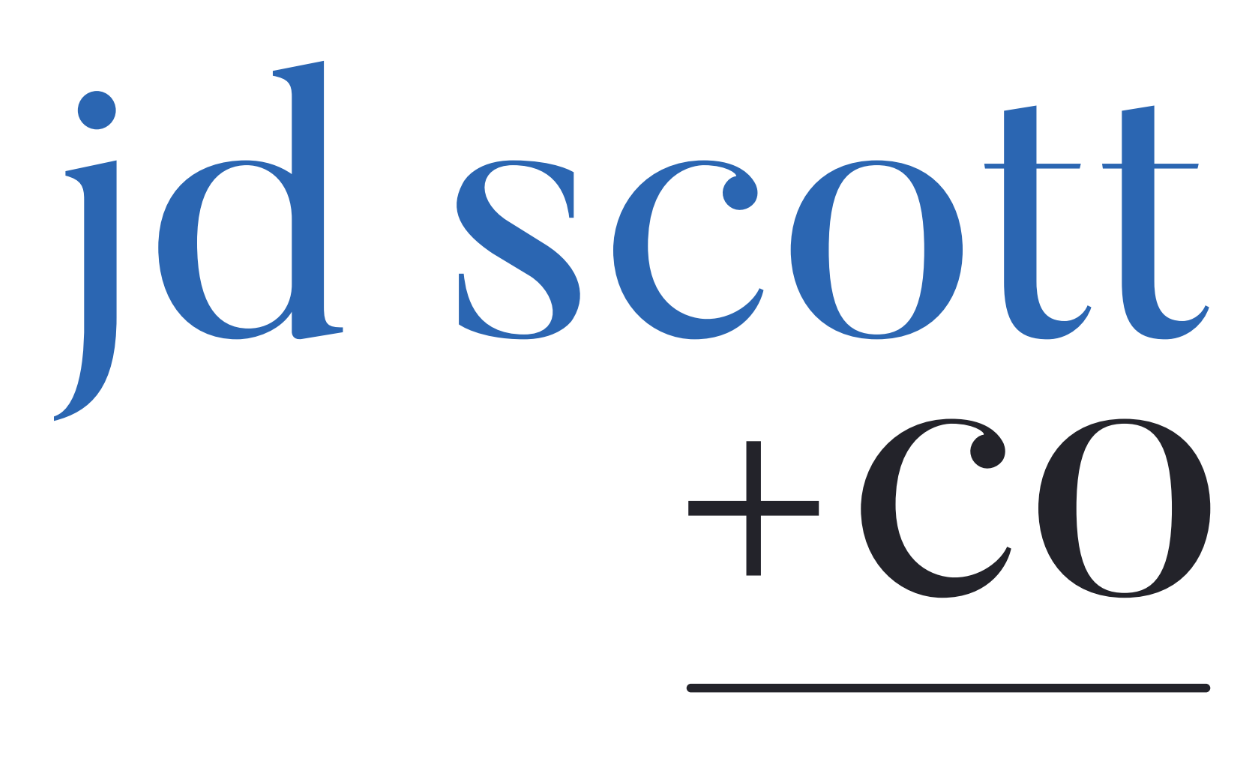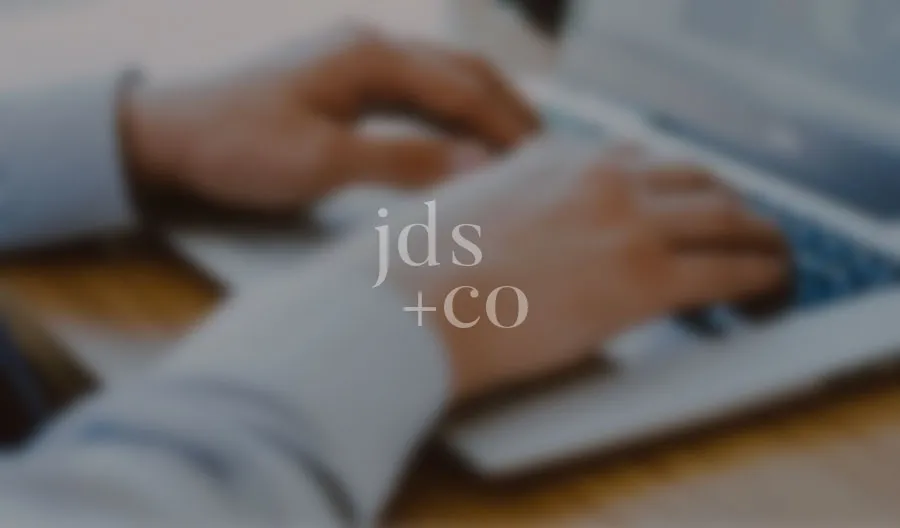As accountants, we understand that strategic tax planning can feel overwhelming—especially for small business owners who are trying to make more and spend less. One of the most common misconceptions we hear is the idea that maximising deductions should be the main focus.
As tax season approaches, many business owners look for ways to increase their expenses, believing that if something is tax-deductible, it’s a smart purchase. But here’s the truth: spending money just to get a tax deduction often does more harm than good.
The Misconception: “If It’s Deductible, It’s Worth It”
A common myth is that tax-deductible purchases are essentially free. The logic goes something like this: “If I can write it off, it’s not really costing me anything.” But this is far from reality.
A tax deduction only reduces taxable income, saving money based on the business’s tax rate—not reimbursing the full amount spent.
Example: The Real Cost of a Deduction
Let’s say your business earns $250,000 annually. If your company tax rate is 25%, that means:
- Every extra dollar in profit is taxed at 25%.
- Every dollar spent on a deductible expense only saves 25 cents in tax.
If your business spends $10,000 on a deductible item, you will get $2,500 back from the ATO—but you’re still out of pocket $7,500. The takeaway? Spending money unnecessarily just for the sake of a deduction is still spending money unnecessarily.
The Smarter Approach
Rather than chasing deductions, businesses should focus on strategies that improve financial health, such as:
- Investing in business growth (marketing, training, or new revenue streams)
- Structuring profits tax-effectively (e.g., director salaries vs. dividends)
- Managing cash flow wisely to avoid unnecessary expenses
Good Spending vs. Bad Spending
Good Spending:
If a purchase genuinely benefits your business and aligns with long-term goals, it’s worth considering. Examples include:
- Investing in updated equipment that boosts efficiency
- Staff training that improves skills and productivity
- Brining forward essential spending or making prepayments before year end
Bad Spending:
Spending just to reduce your tax bill is never a good idea. Some common mistakes include:
- Purchasing excess inventory that ties up cash flow
- Keeping software or licenses you rarely use just because it’s deductible
- Rushing to spend money at the end of the financial year just to claim deductions
Key Takeaways
- Tax deductions lower taxable income, but they don’t give businesses the full amount back.
- Your business’s tax rate determines actual savings—typically much less than what is spent.
- Smart tax planning focuses on profitability and cash flow, not unnecessary spending.
- A tax deduction should be a bonus, not the reason for a business expense.
By shifting focus from increasing expenses to smarter tax and financial strategies, businesses can keep more money in their pockets while strengthening long-term success. Before making a purchase, ask: “Would my business spend this if it weren’t deductible?” If the answer is no, it’s probably not the right move.












